The topic on everyone’s mind lately has been a new virus discovered in Wuhan City, China known as novel coronavirus or 2019-nCoV. The World Health Organization (WHO) was made aware of an abnormal increase in cases of pneumonia in the Chinese city on December 31, 2019. Shortly after, novel coronavirus was determined to be the cause. Since then the WHO, Chinese authorities, and other global experts have been working towards learning more about the virus, its affects, and possible treatments. However, the spread of novel coronavirus continues today, resulting in more than 8000 people infected and 170 killed by the end of January 2020. The WHO has recently declared the novel coronavirus outbreak an international emergency, making research into the virus even more pressing.
Once knowledge of coronavirus becomes available, innovators will need to be ready to invent various creations in the health industry to aid in gaining control of novel coronavirus. Those in the medical device community can help by creating diagnostic technologies. The technologies would be most effective if they could be used quickly- similar to a swab test. The technology would be even more beneficial if the common person were able to use it, resulting in mass diagnosis. Although innovative medical devices would be useful, those diagnosed would still need treatment. Thus far in the treatment of novel coronavirus, care givers have only been able to treat the symptoms of the virus and not the virus itself. Despite researchers’ and pharmaceutical developers’ best efforts, there has yet to be a vaccine for novel coronavirus.
This ultimately leads to the question, how long? How long until medical device technologies and a treatment for coronavirus are available to the public? A troublesome question, with an even more troublesome answer. Even if research on the novel coronavirus became extensive enough to create medical devices or vaccines, these creations would still
have to undergo routine analysis and testing. Those of us in the medical device, pharmaceutical, and regulatory fields know that the process can be long and frustrating at times. The WHO has attempted to accelerate the process through releasing guidelines on subjects including rapid data sharing, research during infectious disease outbreaks, and emergency use of unproven treatments. As well, evaluators in the regulatory field have protocols in place to aid in accelerating the analysis, testing, and trial period of vaccines and technologies for disease outbreaks. Despite this, it is doubtful a vaccine will be available for several months. For now, all we can do is hope researchers and innovators are working together to share knowledge about the virus and can create solutions to this growing global health problem.
Please click on the links to see more information regarding the novel coronavirus from CBC News, the WHO, the CDC, and the Harvard Business Review. To see all the guidelines provided by the WHO for managing infectious disease outbreaks ethically click here.
For more information, please contact Focal Point Research Inc. We are leading North American Regulatory and New Product Consultants for Medical Devices, Natural Health Products, OTC Drugs, Cosmetics, and other consumer products regulated by Health Canada and the U.S. FDA
Emily Campbell


Recent Comments